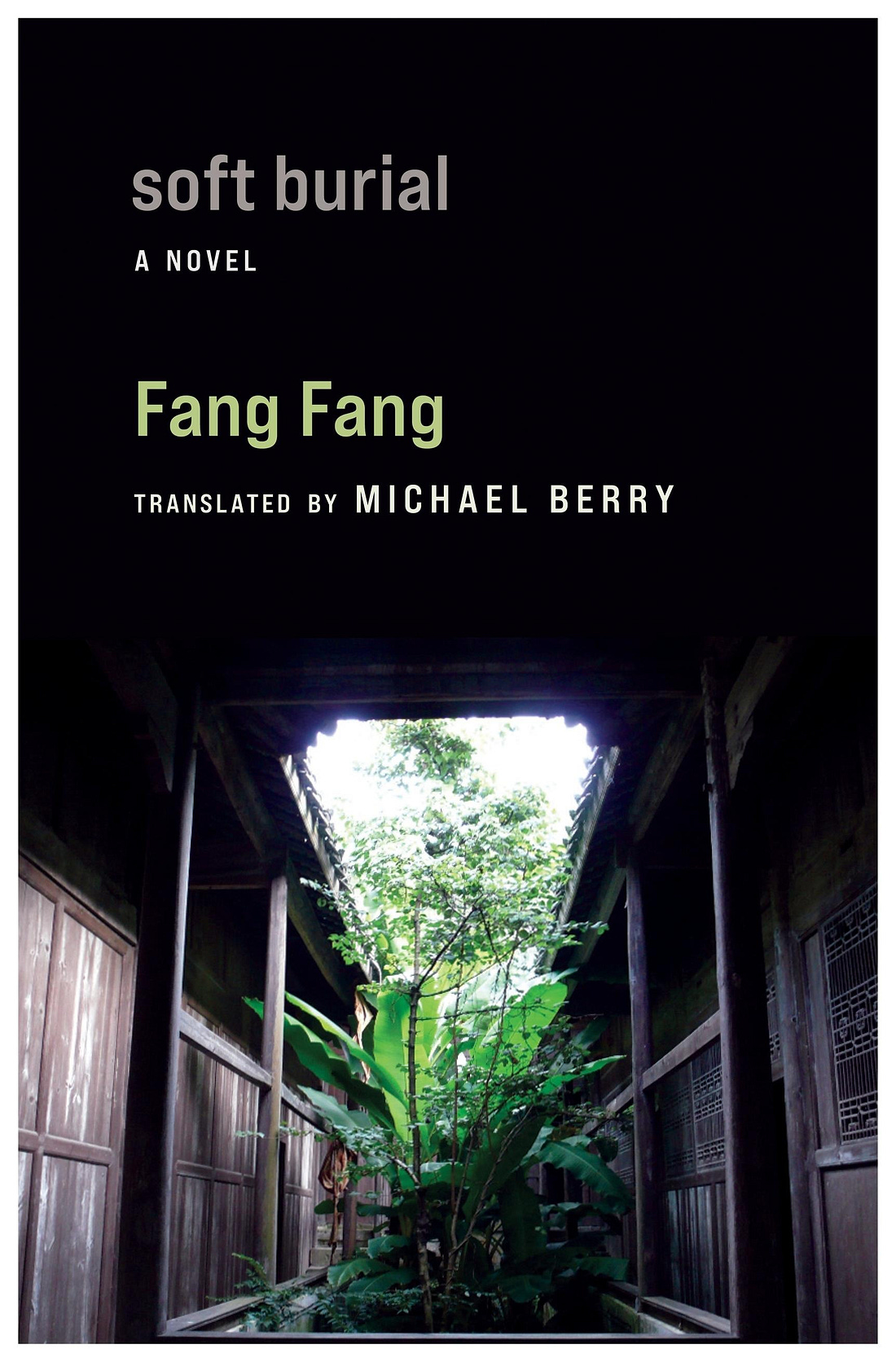MCLC Resource Center is pleased to announce publication of Peter Zarrow’s review of All under Heaven: The Tianxia System for a Possible World Order, by Zhao Tingyang. The review appears below and at its online home: https://u.osu.edu/mclc/book-reviews/zarrow/. My thanks to Michael Hill, our translations/translation studies book review editor, for ushering the review to publication.
Kirk Denton, MCLC
All under Heaven:
The Tianxia System for a Possible World Order
By Zhao Tingyang
Translated by Joseph E. Harroff
Reviewed by Peter Zarrow
MCLC Resource Center Publication (Copyright June, 2025)
Tianxia 天下 is an ancient term, found on Zhou bronzes and in early classics such as the Book of Odes (詩經), Book of Documents (書經), and the Analects (論語). The Anglosphere has found it convenient either to translate the term more or less literally as “All-under-Heaven” or, capturing its practical usage, as “kingdom” or “empire”—that is, China.[1] In the former guise, Tianxia might be regarded as similar to ancient theocratic empires: it performs legitimacy while also providing the conceptual basis for what was politically possible. The more territorialized sense of Tianxia, in turn, might be regarded as a self-reference that various dynasties found useful. This is not the understanding presented by Zhao Tingyang 赵汀阳 in All under Heaven: The Tianxia System for a Possible World Order. For one, both understandings of Tianxia treat it as a form of the state, whereas Zhao points to the classical distinction between Tianxia and guo 國 (state) to suggest it is something else. Namely, Tianxia refers to the world and therefore in no sense does it refer to a state (in contrast to the Greek polis, for example). Zhao finds the concept emerging in China’s most ancient period, “too early for its own time” (xiv), while the “Tianxia system” (if not the concept) emerged with the Zhou and ended in 221 BCE.
Haroff’s fine translation captures Zhao’s style and conveys his sometimes technical philosophical terminology and his restatements of ancient texts in ways that should make sense to Western political thinkers as well as Sinologists, yet without flattening the particularities of Zhao’s ideas. In this review, I first present a summary of Zhao’s argument, and then a critique. Use of the term Tianxia in modern scholarship took off in the early 2010s, at least according to Google’s N-gram counter, in both the original Chinese and in its romanized form. Zhao’s first major work on Tianxia, published in 2005, did much to prompt discussion. This revival of an ancient concept has sometimes been seen as a kind of ideological mask for Chinese dominance: “The tianxia system is defined as a Sino-centric hierarchical relationship among unequals, governed according to Confucian principles of benevolence,” in June Teufel’s words.[2] Zhao Tingyang would deny he seeks any kind of Chinese dominance. For Zhao, Tianxia is a resource or a “method” to ameliorate our anarchic, violent, and oppressive world order. In All under Heaven, he argues for the need to reinvent Tianxia in the wake of the failure of the Kantian search for world peace and the contemporary disasters of international politics. Zhao begins his interdisciplinary but mainly philosophical study of Tianxia by calling it “an ideal concerned with achieving cosmopolitical order,” but also sees it as a tool (in the realm of reality as opposed to the ideal) and “also [as] a methodology” (vii). In Zhao’s understanding, in the Tianxia system there is no dichotomy between the inner and outer, since nothing can exist outside of the world. Likewise, there is no distinction between friend and enemy—there are differences but no goal of annihilating the Other. Zhao would keep “national sovereignty,” but the powers of states would be limited by “world sovereignty” (22), with both sovereignties existing in the same system. When questions affecting all humanity are at stake, those would be in the field of world sovereignty. Conflict is thus ultimately futile; “relational reasoning” (mutual aid, in a sense) ultimately works better than “individual rationality” (maximizing self-interest). In a word, Zhao believes Western political theory, centering on the nation-state, can be and should be replaced by theories that define politics as the “art of shared living” (36) on the global level. Continue reading All under Heaven review →















 Colleagues might be interested in this
Colleagues might be interested in this